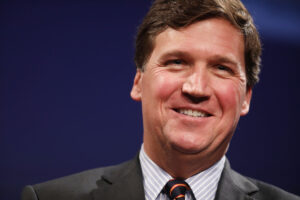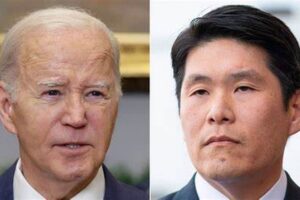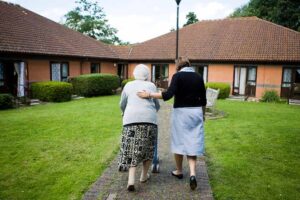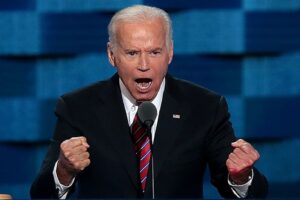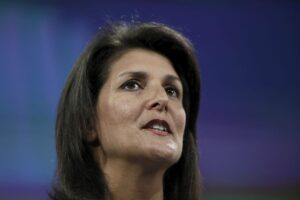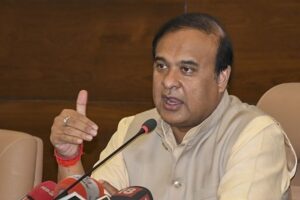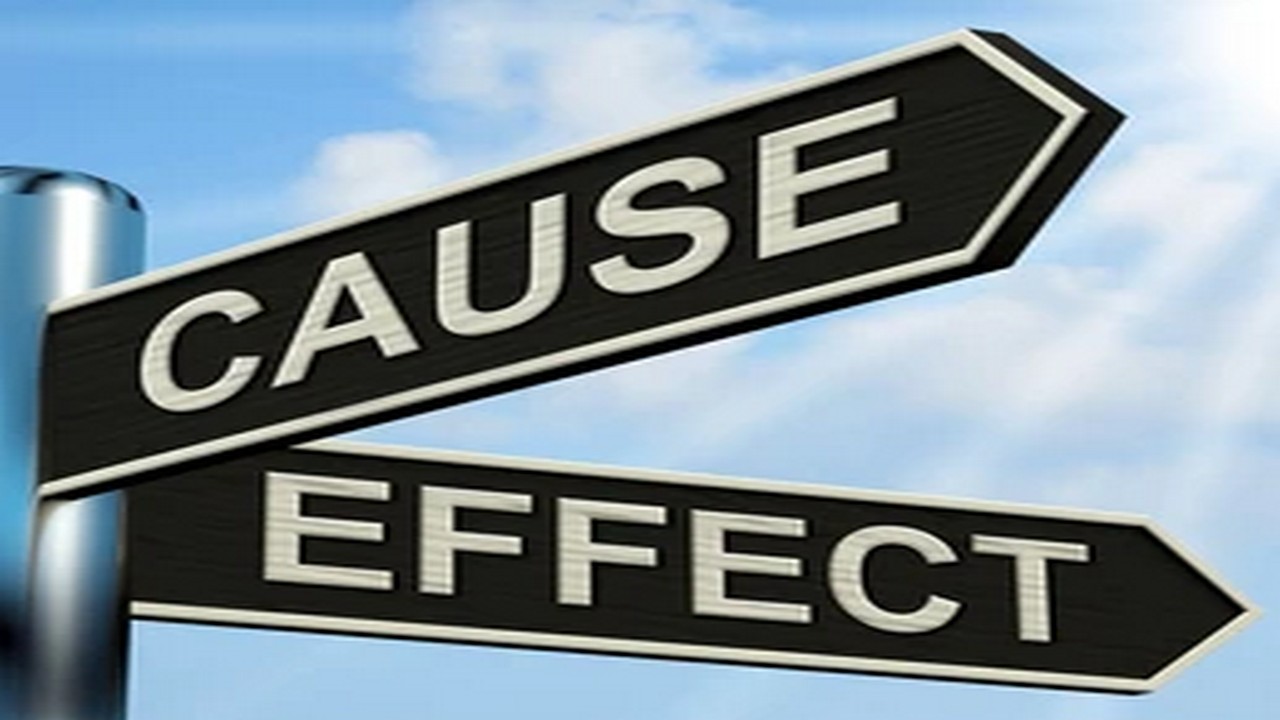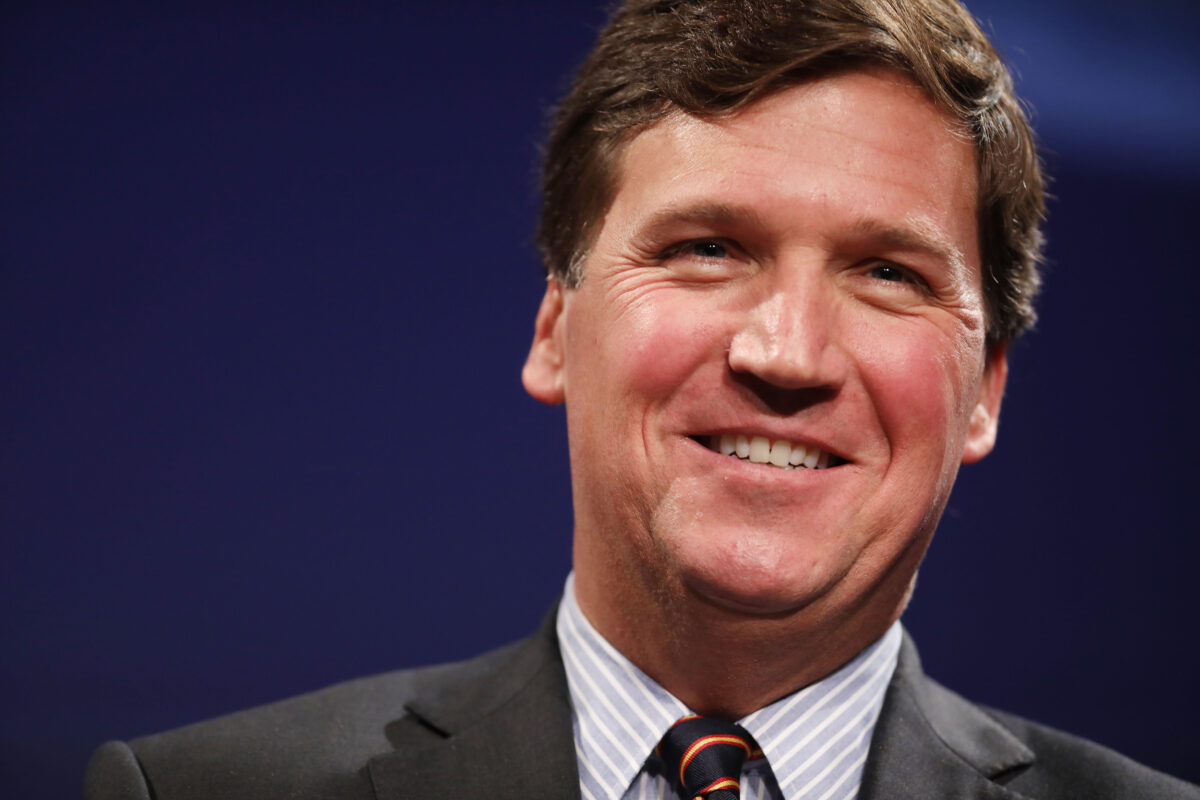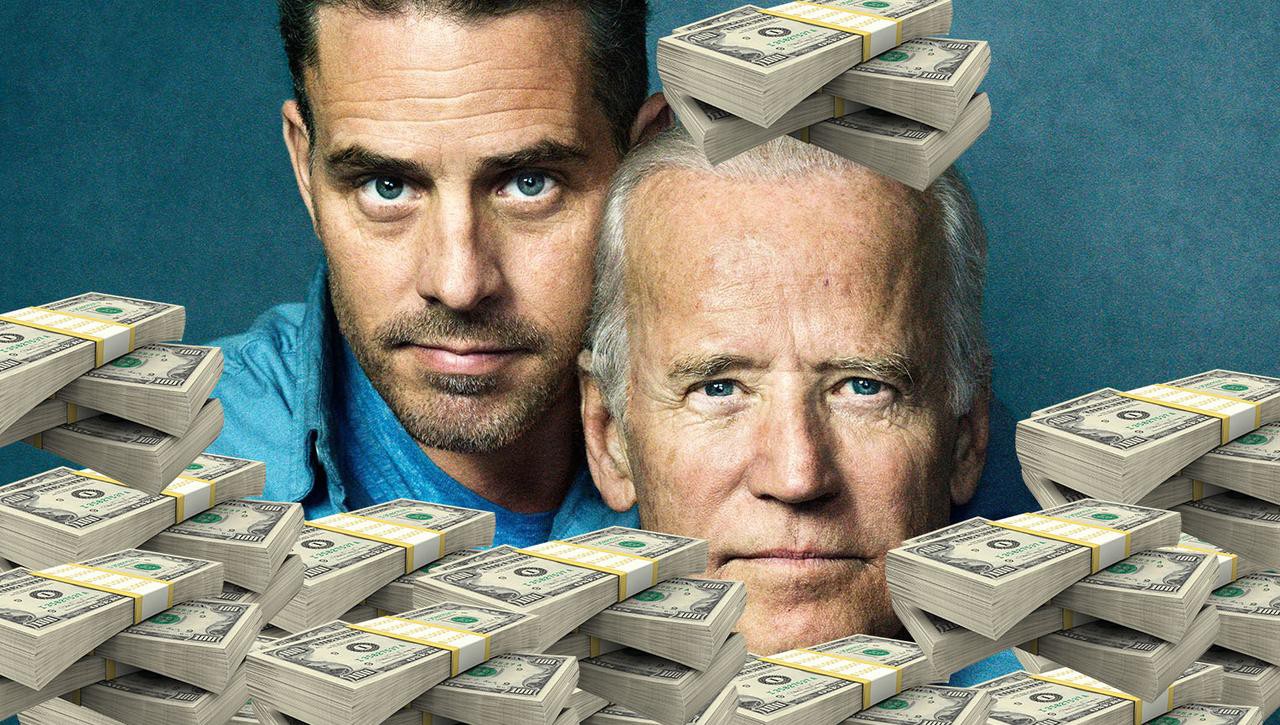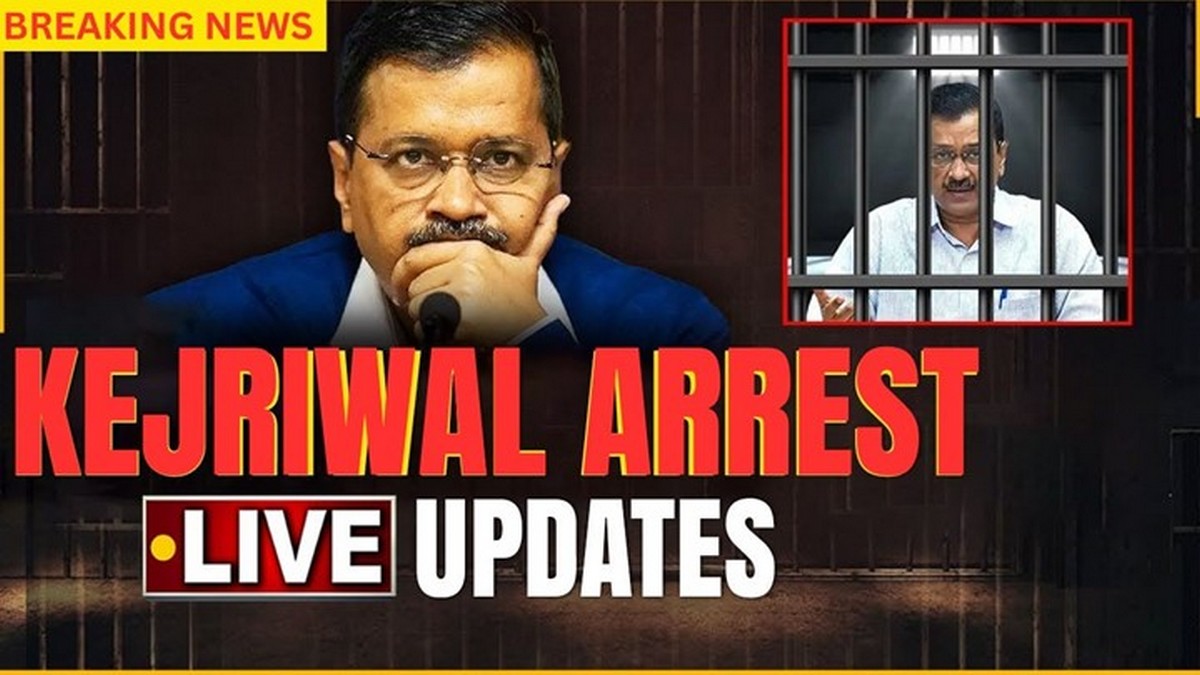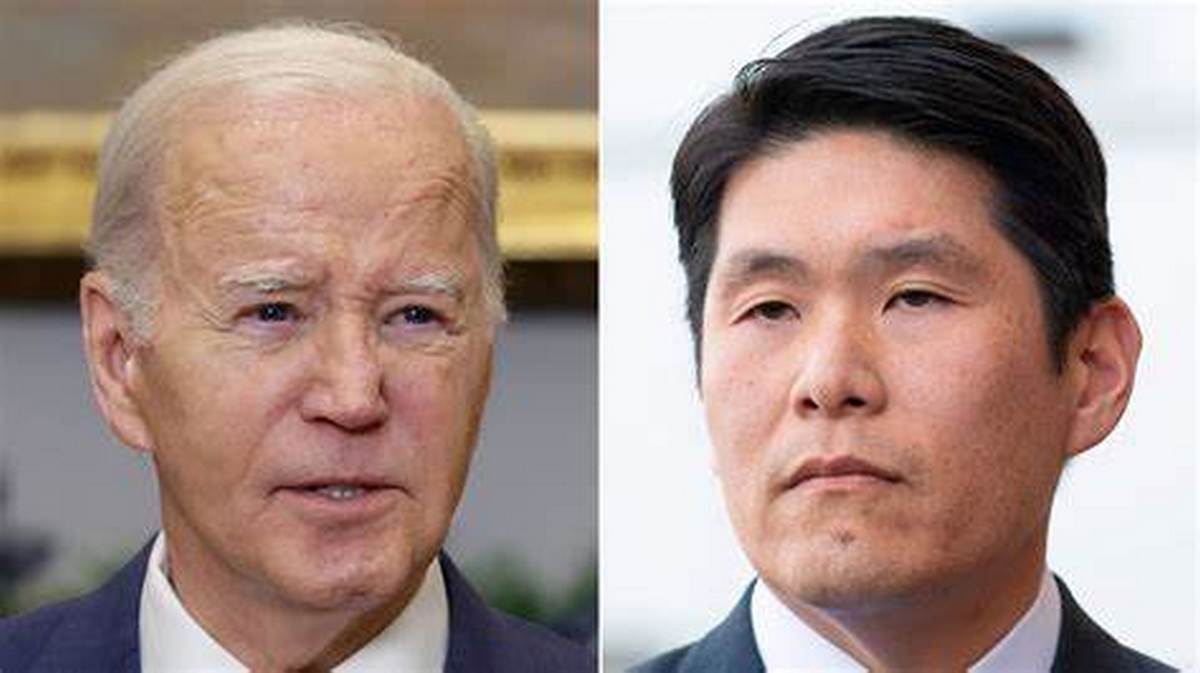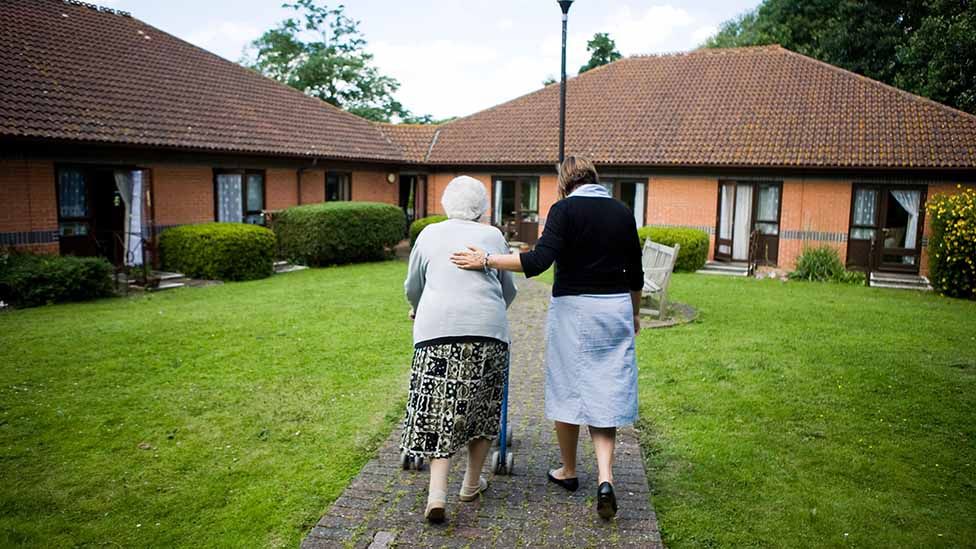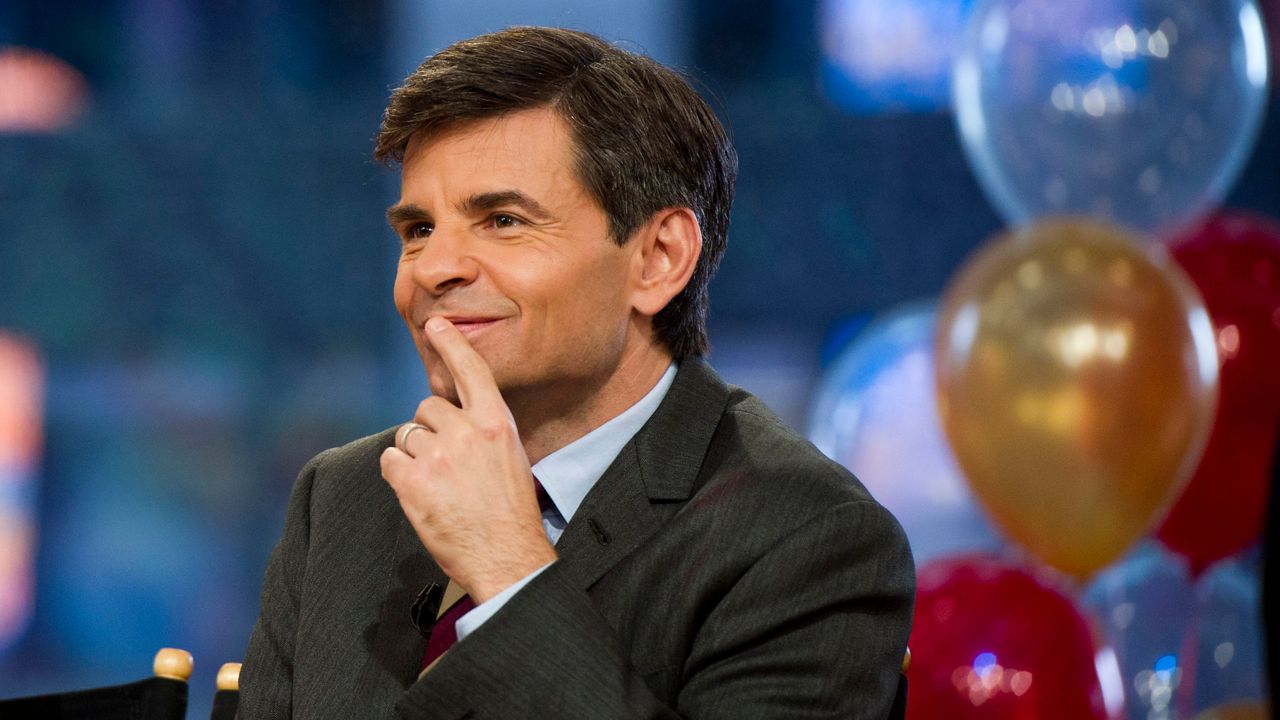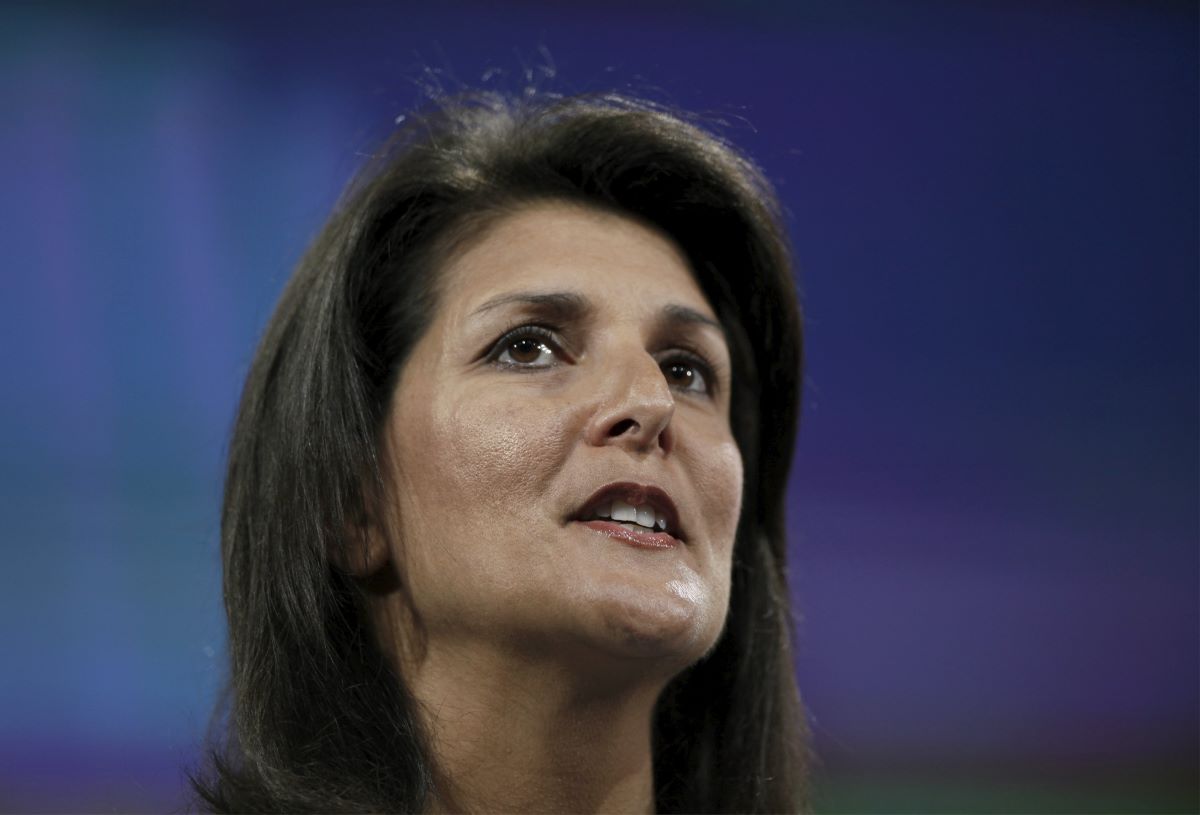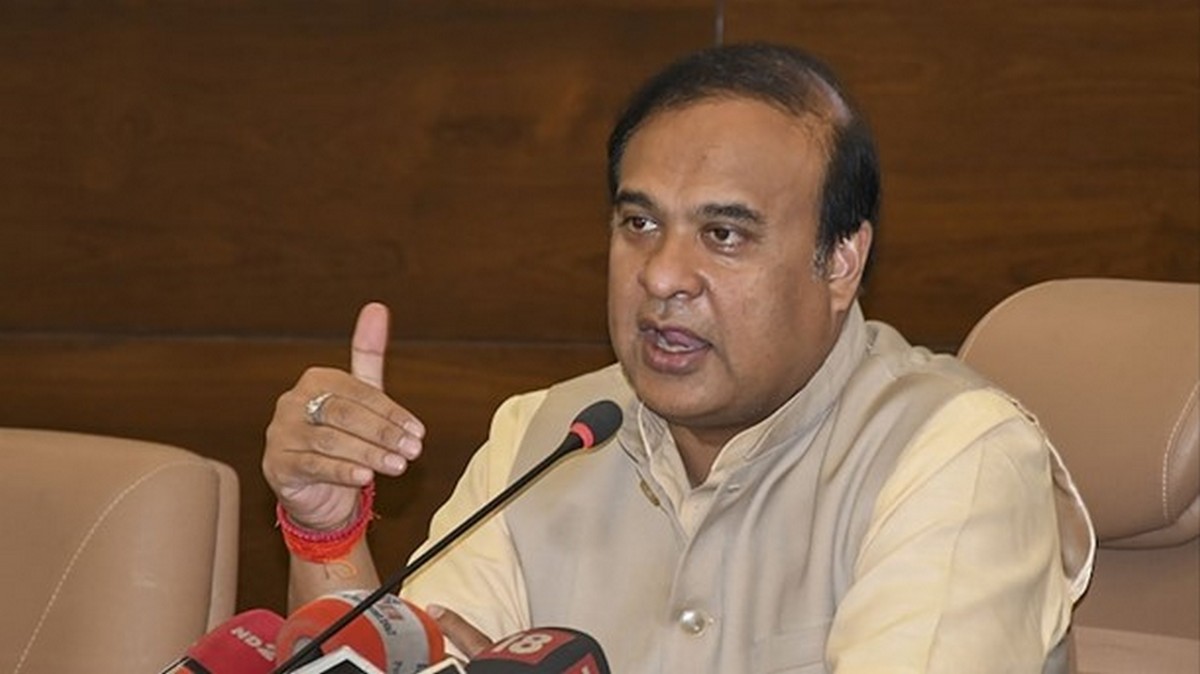On Saturday, 20th August I paid a visit to the fine city of York for the first time since the COVID pandemic hit us. The city was its usual bustling self. Queues of curious tourists were evident at all the usual spots such as the York Dungeon, Jorvik Viking Centre and around the Minster. We even had the final day of the August York Races meeting, which meant traffic was heavy getting both in and out of the city.
What was different was the sheer weight of road traffic in and around the racecourse. It was simply overwhelming. It took me over an hour to drive from the outer ring road to St George’s Field, and almost as long again on the return journey. The reason? Yet another national rail strike courtesy of our selfish trade unions! You see, the union movement smells blood. Our current government is somewhat weakened by a leadership election most consider to have gone on far too long. We have to wait another two weeks before the next Prime Minister is confirmed, and then a further few weeks more for an Autumn Budget to be announced and enacted. The various unions, sensing a country in a state of flux and vulnerability, are maximising their pressure to secure inflation-busting rises for their members.
We’re told the reason for all the strikes across various industrial sectors in something most of the media are happy to whitewash as ‘A cost of living crisis’. Many blame the government’s handling of the economy in recent times for the situation we now find ourselves in. Others on the more mentally-questionable spectrum resort to their default position of citing Brexit as the cause of all our ills. But really? After all, the food price inflation in the United Kingdom is currently 12.6%. This compares to 13.5% in Spain, 14.8% in Germany, 19.3% in Czechia and a staggering 29.9% in Lithuania! Thus, if we cannot put the blame for rampant inflation on either Brexit or the political philosophy of the sitting British government, we have to look at what every country now having to endure rocketing prices had in common. It’s perfectly straightforward. They all pretty much locked down their economies for the better part of two years. Yes, we can factor in the fiscal pressure on gas prices caused by Russia’s invasion of Ukraine. But the notion we could pay millions of people to stay at home (with the UK having one of the most generous furlough schemes in the developed world), cover the exorbitant cost by printing more money, allowing lines of production to tank whilst increasing the circulation of money in the system – and all without the severe financial consequences we’re now seeing is, candidly, for the birds.
The general reaction to rising prices – whether it be from militant unions calling for one form of industrial action after another, or people in general bemoaning the everyday prices in supermarkets – has to be one of the most staggering examples of cognitive dissonance I’ve ever witnessed. Then again, I do find myself living in a world where there are seemingly millions of individuals who excel in this talent. That’s why many thought they could march through the streets of prominent global cities for years calling on the rest of us to ’embrace the green revolution’, without realising much of this embrace has led to a situation where most countries in Europe can no longer generate their own energy sufficiently from fossil fuels, and so have to rely on malevolent leaders like Putin to provide the shortfall. It’s also why they thought they could sit in their homes for months and months on end, enjoying the privileges of unabashed indolence, never considering the inevitable consequences when lockdown ended. For the key to any economic health is a delicate balance between supply and demand. Disrupt one or both of those factors – especially with the added ingredient of huge quantitative easing – and you have a crisis on your hands. I suspect the majority in Britain, who lavished praise of Chancellor Rishi Sunak for keeping them in clover whilst they had their feet up watching ‘Loose Women’ day after day, seldom thought about where all this money was coming from or whether it would ever be paid back. When they rushed out to start spending again, they soon discovered the answer.
If I sound bitter against those who supported lockdown, it’s because I am. Very much so. Poll after poll over the past two years indicated majority support for the various measures designed to curtail our liberties at a stroke. Liberties for which previous generations had fought and died. In November 2020, YouGov reported no less than 72% of people in England endorsed the plan by Boris Johnson to put the nation into a further draconian lockdown for a four-month period. A little over one year later, a Savanta ComRes survey suggested 51% wanted to see a two-week lockdown over the Christmas season to combat the spread of the Omicron variant. Even by February of this year, a whole 13 months after the vaccines began to be rolled out, research by Ipsos found that 46% of Britons believed that the UK Government was relaxing Coronavirus restrictions too quickly. Are we really living in a land so retarded that there are millions of folk out there incapable of putting two and two together!? We must be! Because when the likes of myself, my mate Richard, and others were trying to hammer home the message in different forums about how all this would result in real economic and health-related pain we were shouted at, argued with, denounced as ‘Covid killers’, given disapproving looks by other patrons for not wearing masks in convenience stores and even – in my case – rebuked for being ‘uncaring’ by no less a personage than Iain Dale of LBC radio!
My mention of Mr Dale of the LBC parish brings me now to the role of the media over the last 29 months. With the honourable exception of some of the newer kids on the block (GB News, Talk Radio, etc.) much of the media blob were fervent apostles of hard-hitting lockdown measures. Never once did I hear Robert Peston, Kay Burley, Beth Rigby, Laura Kuenssberg, James O’Brien and others of that like-minded fraternity challenge the government’s narrative on lockdown or the consequences thereof. Never have they looked in the mirror and said “we are partly to blame for this, for every time the government announced new lockdown restrictions we pushed them on the chances of more”. The Beeb, Sky, LBC, Channel 4….all the usual suspects were utterly complicit in screaming for, driving us into, and keeping us in lockdown based on nothing more than pseudo-science and biased reporting from an assortment of cranks and communists. They catastrophised the situation like they catastrophise everything else. Perhaps this is why they refer to it as a ‘Cost of living crisis’. If they had to reference it as a ‘Cost of lockdown crisis’, it might just force them to look at their own culpability. In this they were much like that sorry excuse for a political party I am saddened to call ‘Labour’. For they too wanted more restrictive and longer lockdowns than the Conservatives, and now have the audacity to criticise the government for apparently not being robust enough in dealing with the fallout! They were an Opposition that didn’t oppose. They lapped it up and pressed for even more!
We are facing a pretty tough economic time ahead. For those of you out there who wanted all restrictions lifted during or after the initial lockdown, you have my every sympathy. For those of you who played the furlough and lockdown fiddles for as long as you possibly could – based on either a lack of ability to see through the hysteria or else through sheer self-indulgence; for those journalists who chomped at the bit to see ever-greater measures designed to strip us of our freedoms; for those politicians who reveled in the supine complicity of a majority of the public to their diktats, you lot get nothing but contempt. Because these calamitous results can be attributed to you all. This is your shit, you roll in it!
https://inews.co.uk/news/media/gb-news-dan-wootton-lockdown-comments-ofcom-complaints-freedom-of-expression-1087250
Visits: 0





